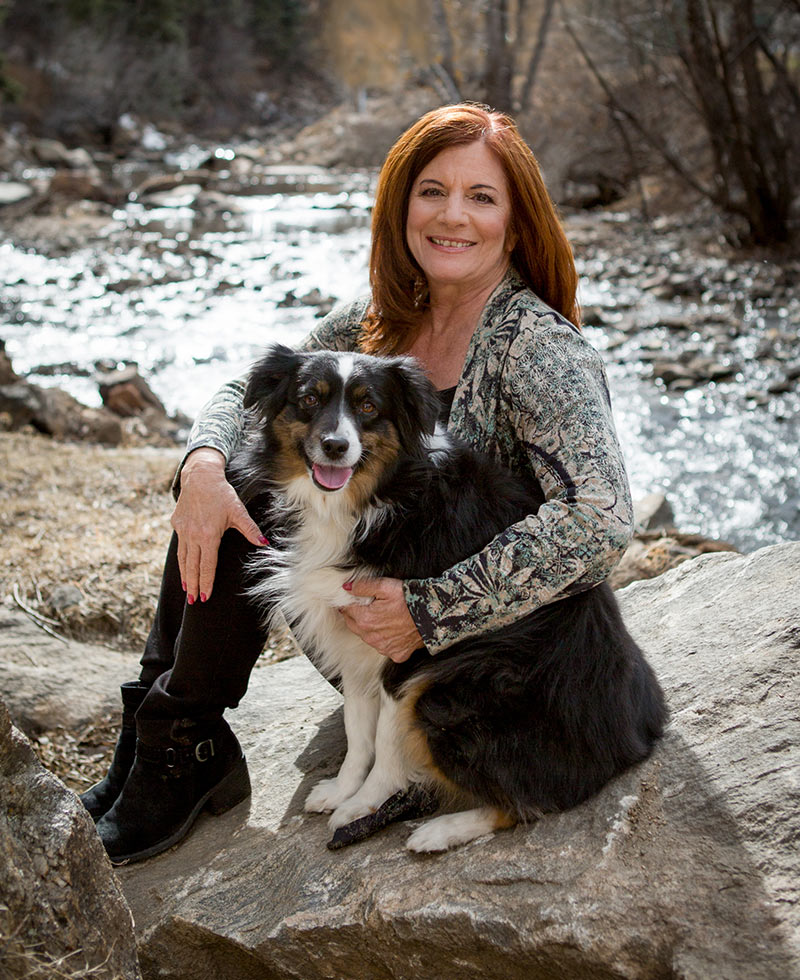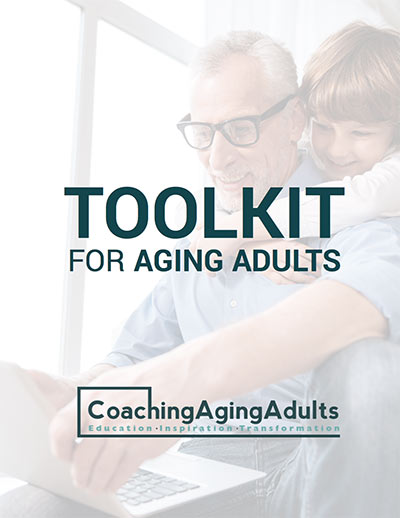As you age, it can become increasingly difficult to remember things in your daily life. From to-do lists and birthdays to doctor’s appointments and financial due dates, there is a lot of information competing for your brain’s attention. While it can be frustrating to accept that age-related memory loss is often a normal part of life, there are ways to combat loss and work toward achieving a healthier, more attentive mind.
Below are five suggestions for exercising your mind and keeping your memory strong:
1. Take care of your body
The links between physical and mental health are nearly endless—and treating your body well will help your brain perform at its best. Especially at this age, diet, exercise, stress, and sleep are all factors that play a large role in your body’s overall health. A body that is deprived of nutrients, oxygen, and sufficient rest is a body that cannot support healthy brain function. In addition to paving the way for new brain development, healthy habits allow your mind’s chemicals to work together and safeguard memories and abilities that already exist.
2. Constantly learn
While it may be unrealistic or unnecessary for you to return to school full-time at this stage in life, minds that are constantly engaged in some form of learning are proven to be more retentive than minds that “sit” idly. The learning process, whether it is formal or informal, holds the brain accountable and forces mental activity—and a mind that is active is a mind that is better able to retain information and memories.
Lifelong learning is an important concept that can be practiced at any age in a variety of ways, including: reading daily, keeping a journal, developing a new hobby, teaching others, working with your hands on mechanical or home-improvement projects, cooking with new recipes, recording family history, or practicing a musical instrument.
3. Repeat and reiterate
Memory connections are made through repetition and familiarity, so reinforce concepts in your mind whenever possible. Write down ideas you want to remember and say them aloud whenever possible. Focus specifically on the areas you struggle with remembering the most, such as names or where you store items in your home.
Write yourself memos and hang them in visible places, such as sticky notes that read “Keys are on the coffee table” or “Call Emily on Thursday for her birthday.” Use names when addressing people and practice thinking out loud when you are alone. When it comes to training your mind, a little repetition can go a long way.
4. Socialize
Surprisingly, interaction with others plays a large role in your brain’s ability to function on an individual level. Studies show that socializing increases frontal lobe performance—the part of the brain that is responsible for higher mental processes including planning and thinking.
As you spend time with other people, crucial areas of the brain are stimulated and your mind is more active and aware. Additionally, socializing helps reduce the effects of depression and stress—two conditions that wreak havoc on memory retention and focusing ability. Incorporating even just thirty minutes of “people time” each day can influence your brain for the better.
5. Remain organized
Your brain can only handle so much information at once, and your memory will be much more effective if that information is broken down into smaller, meaningful chunks. Try to focus on one area at a time. Be realistic about what you can handle.
By remaining organized, you allow your mind to assign meaning and purpose to the data you are dealing with—due dates, birthdays, names, locations, etc. Keep lists, use planners and calendars, and chart your successes and failures. The act of recording progress, in and of itself, will sharpen your mind and keep you focused on the areas that need greater work.



